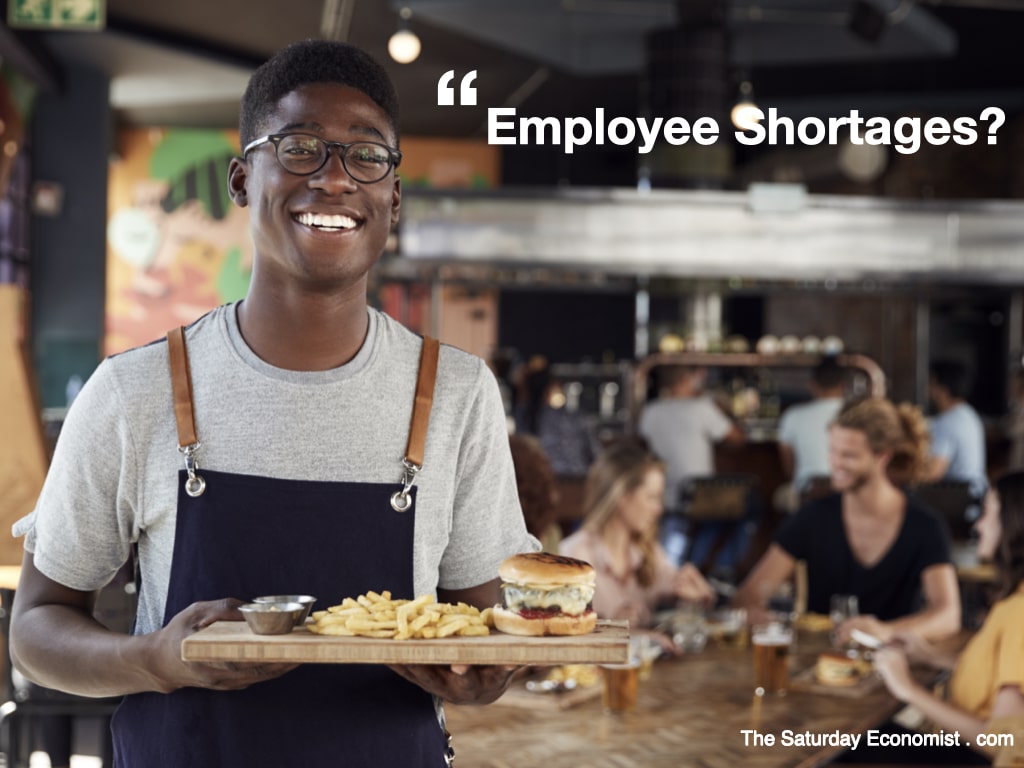|
From hospitality to healthcare, companies are complaining they can't get staff. Recruitment difficulties are increasing, pay rates are rising. More perks and promises are on offer to secure sign ups. The pingdemic isn't helping.
This week, the SMMT reported production shortfalls as a result of the global chip shortage, caused by the pandemic and staff shortages caused by the pingdemic. By the end of July, almost 700,000 workers had received isolation alerts from the NHS "Stay at Home" App. The motor trade is just one of many, hit by the pings. The list of "reserved" occupations is expected to rise. Isolation conditions will ease, for all in August. For the wider economy, the problem of labor shortages will persist compounded by the furlough scheme. At the start of the year, 4.7 million were on furlough. The total number had fallen to 1.9 million by the end of June, according to HMRC data. More than a third of the working population have been supported by government schemes, since the pandemic began. Latest figures show the UK Government supported over 14.5 million jobs during the crisis, at a cost of £325 billion pounds. So where have all the workers gone? Not far really. In June the number of vacancies in the economy had increased to 860,000. 1.9 million were furloughed. 1.6 million were out of work. The largest number of vacancies were in accommodation and food (102,000) and retail distribution (107,000). The largest sectors for furlough retention were accommodation and food (338,000) and retail distribution (270,000). There were almost three workers furloughed for every vacancy in hospitality and retail. On average there were 2.2 furloughed workers for every vacancy in the economy as a whole. The furlough scheme is due to end in September. The anomalies within the jobs market may begin to unwind in the final quarter of the year. The expected rise in unemployment may not be quite as bad as many are forecasting ...
0 Comments
Leave a Reply. |
The Saturday EconomistAuthorJohn Ashcroft publishes the Saturday Economist. Join the mailing list for updates on the UK and World Economy. Archives
July 2024
Categories
All
|
| The Saturday Economist |
The material is based upon information which we consider to be reliable but we do not represent that it is accurate or complete and it should not be relied upon as such. We accept no liability for errors, or omissions of opinion or fact. In particular, no reliance should be placed on the comments on trends in financial markets. The presentation should not be construed as the giving of investment advice.
|
The Saturday Economist, weekly updates on the UK economy.
Sign Up Now! Stay Up To Date! | Privacy Policy | Terms and Conditions | |

 RSS Feed
RSS Feed